We are deeply committed to education and giving students the best chance to succeed wherever they are in life, learning and career ambition. That is why we are named after
St John Henry Newman.
Our namesake, St John Henry Newman, was a 19th-century Priest, an intellectual and one of the greatest thinkers of his time.
John Henry Newman was deeply committed to education, the provision of spiritual and pastoral care, and academic excellence.
He referred to education in a ‘large sense’ of the word. He wasn’t just talking about classroom teaching: he wanted people to engage with contemporary culture, broadening and maturing their minds.
In so many ways, education was Newman’s life.
He cared for academic excellence but never forgot the person.
Here are a few ways St John Henry Newman and his teachings remain aligned with John Henry Insitute service delivery today –
St John Henry Newman prioritised education.
He promoted various educational efforts, and this legacy has been preserved through his being named the patron saint of Catholic campus ministries at public universities.
St John Henry Newman fostered community.
He recognised that on our educational journey and life journey, we need the support of others, and we are called to support others.
St John Henry Newman stood up for the truth.
He is remembered as someone who combined the concerns of head and heart and never shied away from speaking the truth.
St John Henry Newman had equal concern for the head and heart.
He was a brilliant thinker, a compassionate priest and a loyal friend. Newman knew that emotions and personal influence played a significant role in the journey of others and always remained sensitive to the elements of human experience.
“Such is the constitution of the human mind, that any kind of knowledge, if it be really such, is its own reward” – John Henry Newman”
“To live is to change, and to be perfect is to have changed often.” – John Henry Newman.
“Growth is the only evidence of life.” – John Henry Newman.











